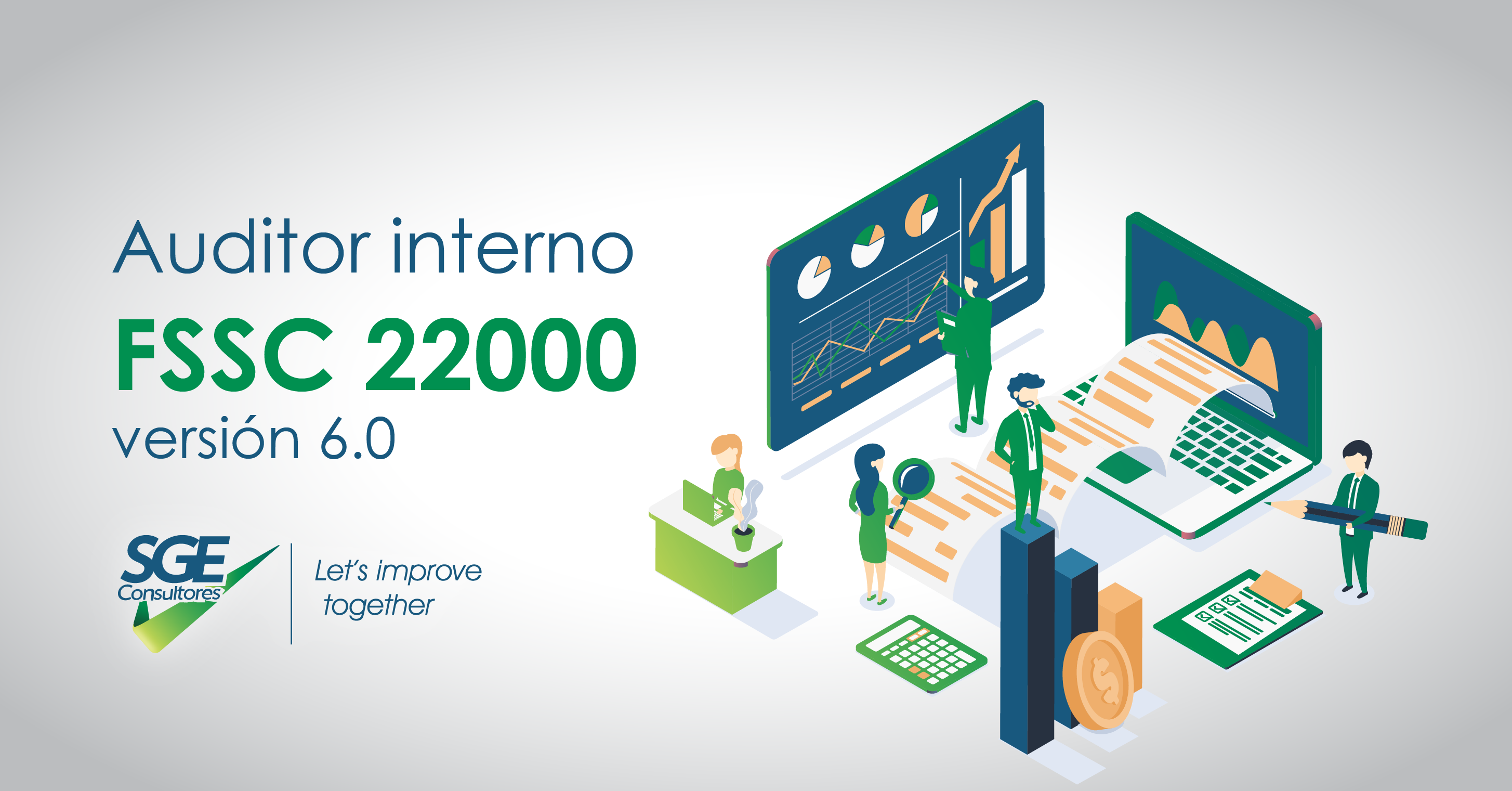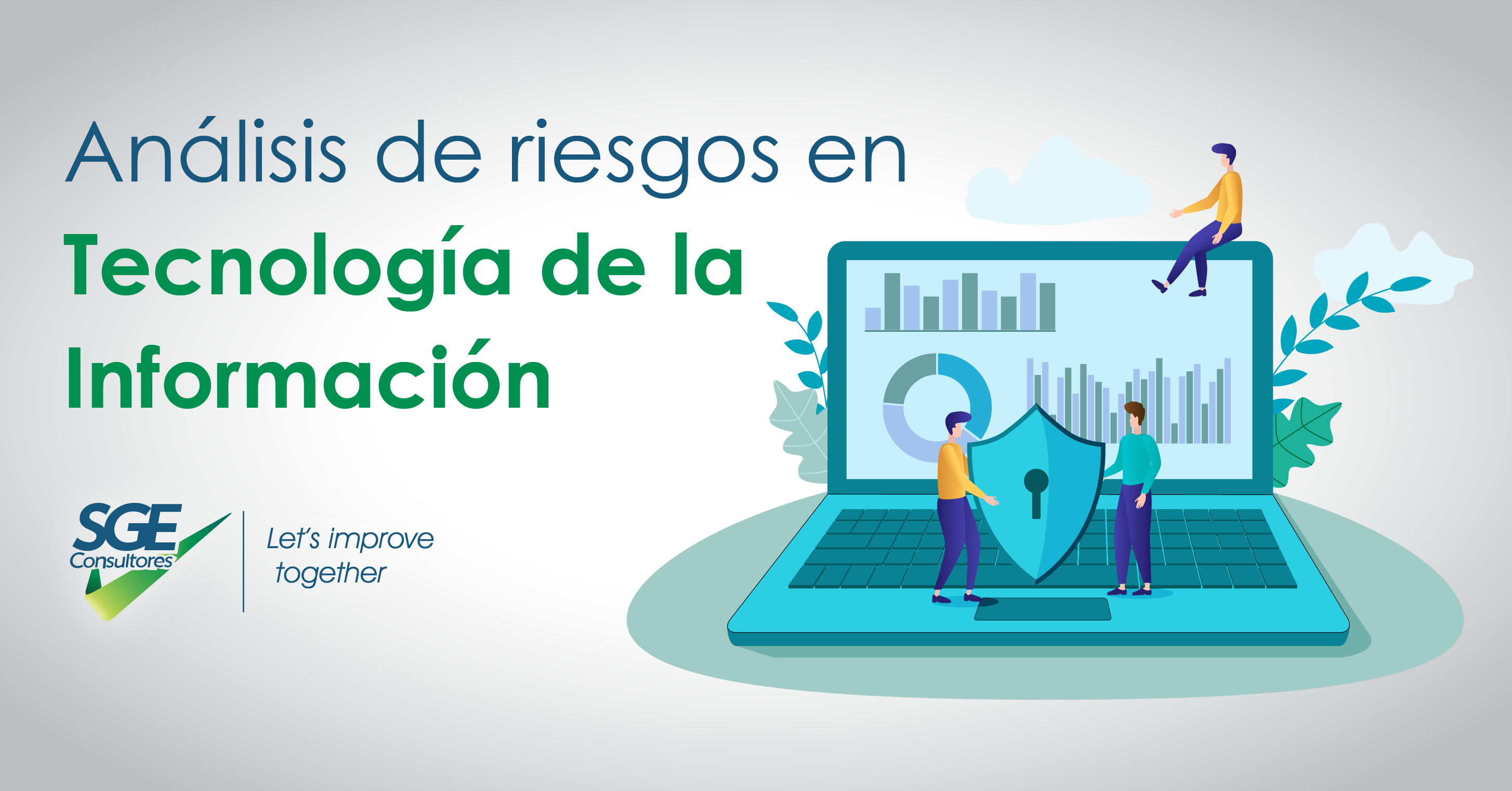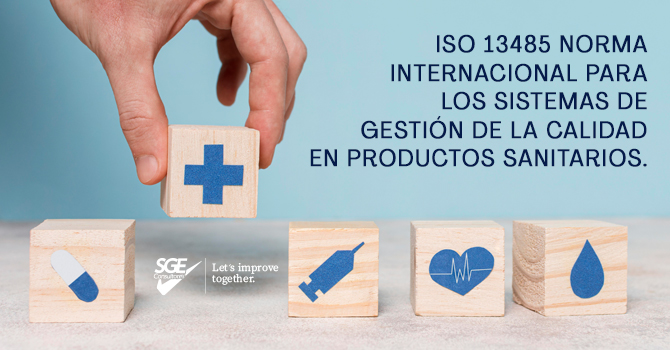
Corruption is defined as criminal acts committed by officials and authorities who abuse their power, intentionally managing the financial and human resources assigned to them, and influencing them to intentionally misuse the resources they have access to, prioritizing their personal interests or those of your relatives above others.
Some examples of these acts are bribes, influence peddling, extortion, royalties, nepotism, which are a serious threat to the public, professional, or business ethics. Corruption affects any type of organization, regardless of whether it is public, private, non-governmental organization, charity, large, medium, or small.
In Costa Rica there is Law 9699 on the "Responsibility of legal persons for domestic bribery, transnational bribery and other crimes", which seeks to regulate the criminal liability of legal persons of those contemplated in Law No. ° 8422, Law against Corruption and Illicit Enrichment in Public Function.
A tool such as the implementation of ISO 37001, is aligned with the purpose of said law, in terms of risk management to which the Organization is exposed, and their treatment for the prevention of crimes, also obtaining a series of benefits such as:
• Increased confidence of customers and stakeholders.
• Compliance with applicable legal requirements
• Commitment at all levels against acts of corruption.
• Opening to new markets and other advantages.
To minimize the incidence of crimes in your organization, we will remind you of our next course on Interpretation of ISO 37001 Anti-Bribery Management Systems, to be held on March 22 and 23, 2002, with a duration of 8 hours.< / p>
For more information, contact sales@sge-consultores.com, phone (506) 22 25 16 35 or WhatsApp (506) 7093 4209.





0 comments